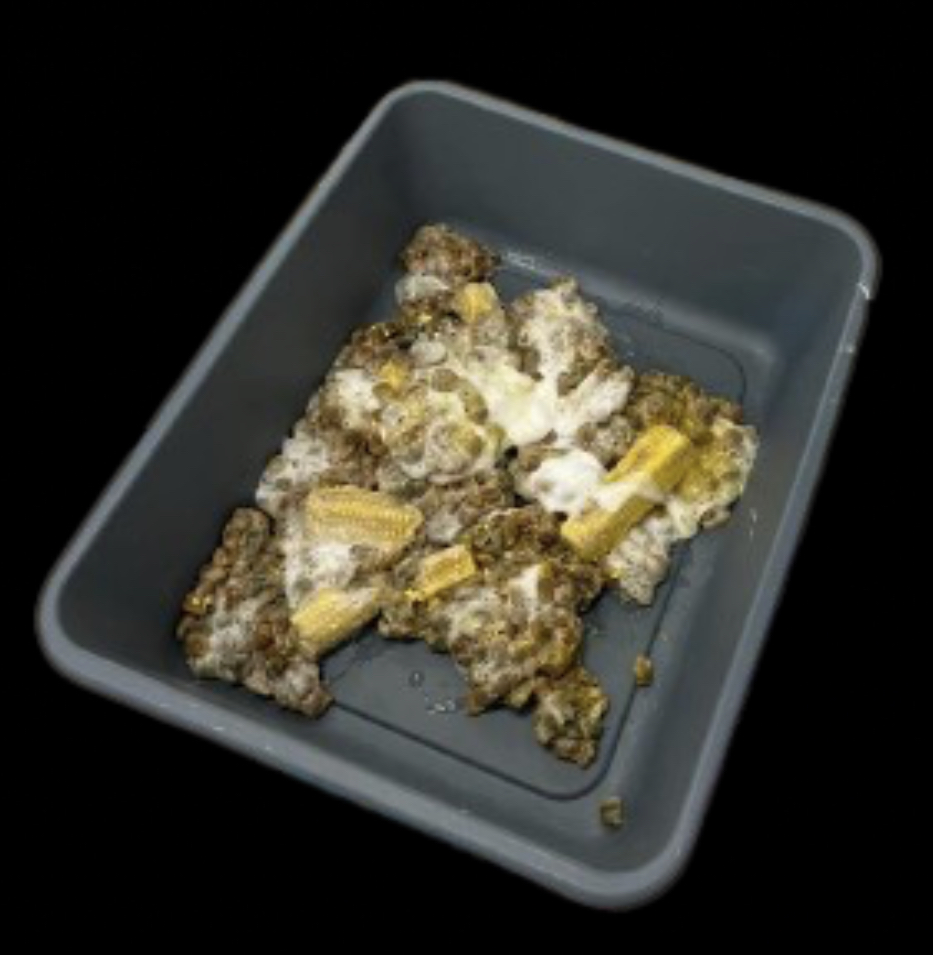**WARNING - ARTICLE INCLUDES GRAPHIC CONTENT
Corn cobs can be your dogs worst nightmare.
Corn cob husks can not be digested, instead they tend to get stuck and cause a blockage in the intestines. It's painful for the dog, they often lose their appetite, start vomiting and in the case of one poor dog recently at RSPCA ACT, it couldn't pass anything for a week causing the colon to swell and become extremely painful.
The constant pressure can rupture the intestine and cause a potential life-threatening infection in the abdomen.
If you see a dog eat a corn cob, get to a vet quickly as it may be possible to induce vomiting and free the corn cob. Otherwise the only treatment is surgery.
In the procedure the corn husk can be removed by an incision (which is how we were able to help our latest patient) or in some cases the blocked section of intestine is removed and joined back together.
Dogs are slow learners too; some dogs need to have multiple surgeries and are repeat offenders so owners should never assume their dog has learned it's lesson.
Dogs can also swallow large things (even whole corn cobs) or as you'll see in one of the attached photographs, numerous corn cob pieces at once. On that occasion, induced vomiting dislodged the husks.
Please take care and make sure your dog never gets near corn cobs. Below are some graphic photographs of a recent patient of ours. He's fine now but due to one small piece of corn husk, he endured perhaps the most painful week of his life.

